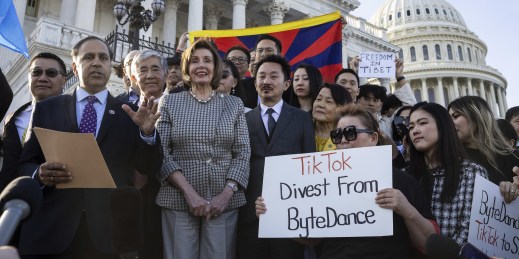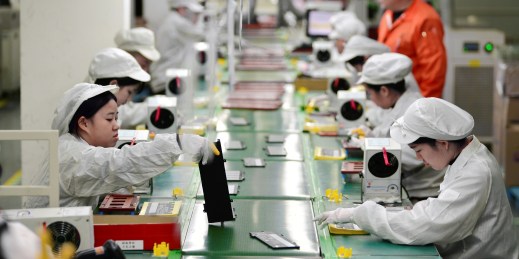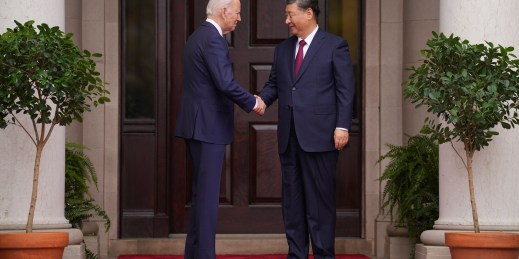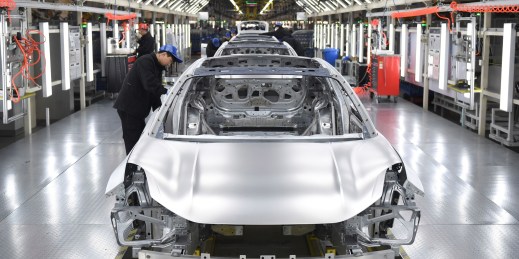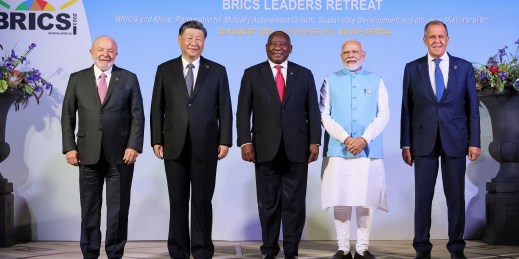
The BRICS group has long sought to challenge Western domination of technologies and infrastructures. Now, cooperation on artificial intelligence is increasingly on its radar. Provided the group aligns its members’ approaches to AI through its new initiatives, its role in international AI governance is poised to expand.

